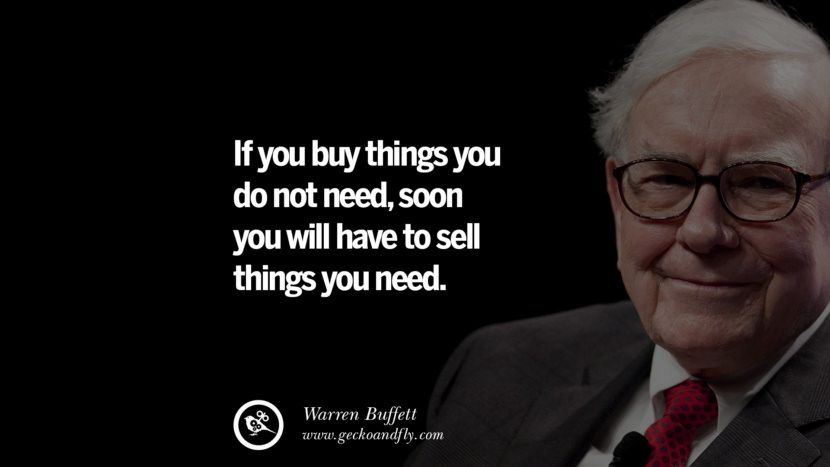Warren buffett introvert
Warren Buffett, World's Richest Introvert
Warren Buffett is a high-profile public figure who comes off as gregarious and folksy in his interviews and appearances. Based on his easy manner, his obvious delight in storytelling, the raptness of his audiences, and his willingness to endure the shame of strumming a ukulele in public, we might be inclined to think of him as an extrovert. Nonetheless, the “Oracle of Omaha” is often cited as a case study in introverts as effective leaders.
For the past several decades, Buffett has been a regular on “World’s Richest” lists, which tends to imbue one’s words with a certain amount of heft and keep audiences on the edges of their seats.
As a younger man, though, he struggled to persuade others of the value of his ideas. And even though he has largely overcome his challenges in communicating, his life and career are defined by many of the typical traits of the introvert.
Early glimmers of introvert genius
As a child in Nebraska in the 1930s and 1940s, Buffett became an entrepreneur and a classic “idea man” before he was out of short-pants (what children were required by law to wear in the olden days).
His earliest schemes included buying six-packs of Coca-Cola for a quarter and turning them around for a nickel per bottle, collecting golf balls and reselling them, and picking up stubs from the racetrack and cashing in the unused ones.
Naturally, he also had the quintessential job for the entrepreneurial loner: a paper route.
A 2012 study by Harvard psychologist Randy Buckner found that the area of the brain associated with abstract thought and decision-making—the prefrontal cortex—tended to be larger in introverted test subjects.
Young Buffett and his brain certainly showed a knack for abstract thought—not only in the ability to come up with money-making hustles but also in the fascination with and grasp of the stock market, which he nurtured from an age when most of us still learn our times tables.
When he turned 11, Buffett bought his first stock, Cities Services, which was trading at $38. He “went all-in” and spent his entire net worth on three shares.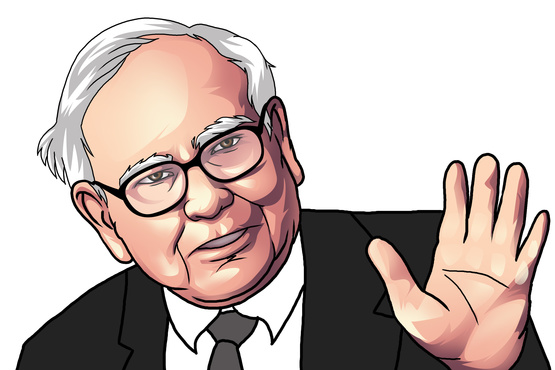 After a brief career buying and selling concrete items, he had finally embarked on his life’s work of trading in what seem to the layman to be nothing but numbers and symbols.
After a brief career buying and selling concrete items, he had finally embarked on his life’s work of trading in what seem to the layman to be nothing but numbers and symbols.
Total introvert move
At age 20, Warren Buffett started his first investment group. It wasn’t difficult for him to convince a handful of his college buddies, who recognized his genius, to join. But when he tried to persuade others to get on board, he found that he lacked the skills.
“I had the intellect for business,” he says in a Bloomberg TV documentary, “but not the persona.” So he signed up for the Dale Carnegie “How to Win Friends and Influence People” course of seminars. “I had to learn to communicate with people better,” he goes on, “particularly in groups. I just couldn’t go through life being terrified to speak in public.”
Buffett saw that his quiet personality was hindering his dreams in this context, so he did what any methodical, analytical, and motivated introvert would do—researched the problem and studied his way out of it.
The course helped him so much to move toward “ambivert” on the intro/extro scale that Buffett credits it with giving him the confidence and skill he needed to convince his girlfriend to invest in the institution of marriage. To him. He asked her to marry him…is what I’m saying.
How introversion makes him awesome, part I
As previously noted, introverts have a knack for abstract thinking, and what is more abstract than the stock market? Trading stocks, not to mention buying and selling loans, derivatives, and other financial “products,” is so far removed from the basic use of money as a bartering chit that it hardly seems related.
As Buffett explains in the Bloomberg documentary, his success is partially due to making concrete sense of the abstract: “If you look at the market as buying pieces of businesses, you will be able to see when the market is wrong.”
By peering through the numbers to the underlying reality, Buffett has been able to fly in the face of conventional wisdom and consistently outperform the market.
How introversion makes him awesome, part II
Another trait of introverts is a tendency to be more focused on the long term than “in the moment” as their extroverted counterparts would. Warren Buffett is known for being one of a dying breed: the investor who is in it for the long haul. His philosophy is known as “value investing,” wherein the investor buys into businesses he or she believes will continue to do well and tries to help the business succeed rather than trying to turn a fast profit through quick-and-dirty market hacks.
How introversion makes him awesome, part III
According to research on workplace dynamics conducted by Adam Grant, introverted bosses can be highly effective when surrounded by proactive underlings. Buffett is renowned for running a highly de-centralized empire, in which his trusted managers are given the freedom to make big decisions themselves. Whereas extroverted bosses may thrive on calling all the shots and therefore discourage input from employees, Warren Buffett, in a style that reflects his investment strategy, chooses his compatriots carefully and encourages them to succeed so that he might too.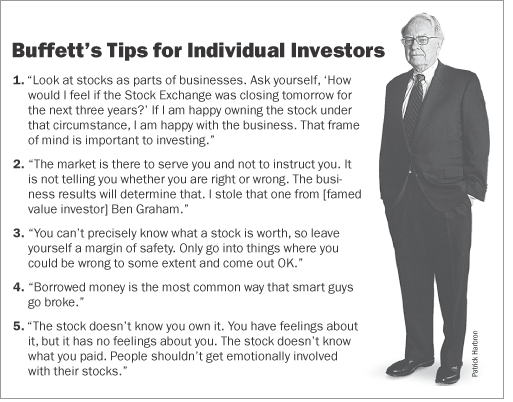 It seems to be working okay so far.
It seems to be working okay so far.
4 ways famous introverts Bill Gates and Warren Buffett can help you be a better boss
Longtime friends Warren Buffett and Bill Gates
Spencer Platt | Getty Images
What do Bill Gates, Marissa Mayer, Mark Zuckerberg and Warren Buffett all apparently have in common? They're introverts.
There's a common misconception that leaders are supposed to be outspoken, commanding and have extroverted personalities. On the contrary, many of the most successful and revered people have had introverted personalities.
However, introverted leaders do have their own shortcomings because they tend to be quieter and value their alone time, Patrick Moran, the chief customer officer at content collaboration platform Quip, tells CNBC.
Here are four steps introverted managers should follow to ensure that they are truly effective leaders:
1. Determine your level of introversion
Not all introverts are created the same. Some introverts are much more outgoing, while others enjoy hours of blissful solitude. Moran says introverted leaders should decide whether they default to introversion or extroversion and figure out how their work style reflects this.
Moran says introverted leaders should decide whether they default to introversion or extroversion and figure out how their work style reflects this.
"Digging into this requires a level of self-awareness which is imperative, in my opinion, to be a good leader," says Moran.
Bill Gates, for example, is a self-proclaimed introvert. "I think introverts can do quite well," says Gates. "If you're clever you can learn to get the benefits of being an introvert."
However, the Microsoft founder says he has managed to balance his work style by hiring extroverts and tapping into both of their skills.
"You better hire some extroverts... and tap into both sets of skills in order to have a company that thrives," says Gates.
2. Embrace your introversion
Schedule blocks of time on your calendar that are just for you to recharge independently, Moran says.
"Be open with your direct reports and ask for support where you need it," Moran tells CNBC.
Though LinkedIn CEO Jeff Weiner has not explicitly stated that he is an introvert, the exec is a huge proponent of scheduling empty blocks of time for himself.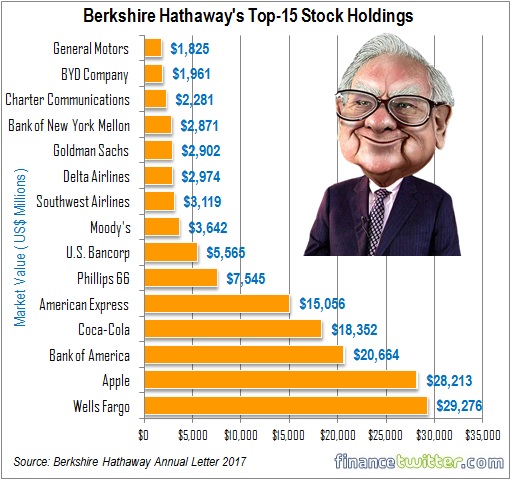 Weiner says that doing so allows him to process what is going on around him and gives him time to think strategically and proactively about long-term goals.
Weiner says that doing so allows him to process what is going on around him and gives him time to think strategically and proactively about long-term goals.
3. Break out of your default
Moran suggests breaking out of your default once a week or month. "Stand in front of your team," says Moran. "Pretend you're a stand up comedian. Just make sure you book an evening to yourself after the meeting."
Former Yahoo CEO Marissa Mayer, who refers to herself as an introvert, abides by this tip. Mayer suffers from shyness and often finds herself wanting to leave an event within 15 minutes of her arrival, she says in a Vogue interview.
Instead of giving in, the former executive admits that she forces herself to stay for a set period of time. "I will literally look at my watch and say, 'You can't leave until time X," says Mayer.
4. Mix things up
Effective leaders should use a variety of communication tools to stay connected with their teams, according to Moran.
"Leverage collaboration tools that allow you to live in front of your keyboard, and mix that with 1:1 meetings and other small-format meetings," says Moran.
This allows you to have one foot in your comfort zone and the other foot out of your comfort zone, while also giving you the opportunity to connect with your team, Moran says.
Business magnate Warren Buffett, another well known introvert, realized the importance of effective communication early in his career.
"If you can't communicate and talk to other people and get across your ideas," Buffett says, "you're giving up your potential."
Like this story? Like CNBC Make It on Facebook.
See also:
4 ways managers can keep introverted and extroverted employees from clashing
The No. 1 advantage Mark Zuckerberg and other introverts have over extroverts
The best careers and college majors for extroverts and introverts
Leadership.
 Wise advice from Warren Buffett - CRM Systems Introvert
Wise advice from Warren Buffett - CRM Systems Introvert
The most successful investor of the 20th century has several leadership lessons to teach. Warren Buffett is a famous philanthropist, business magnate and investor. As the CEO and largest shareholder of Berkshire Hathaway, he is among the richest and smartest people in the world despite his age (he is 80 years old).
By donating 99% of his wealth to charity, he proved that the "old school" methods still work. If you want to be a successful leader too, Buffett can teach you some wise lessons:
1. About risk
“You only take risks when you don't know what you're doing,” says Buffett. You can be a real player or be a little more careful and minimize possible risks. Obviously, a cautious approach is much more reliable, but it does not allow you to hit the jackpot instantly. Therefore, try to postpone your multi-million dollar fantasies for later and take the risk factor under control.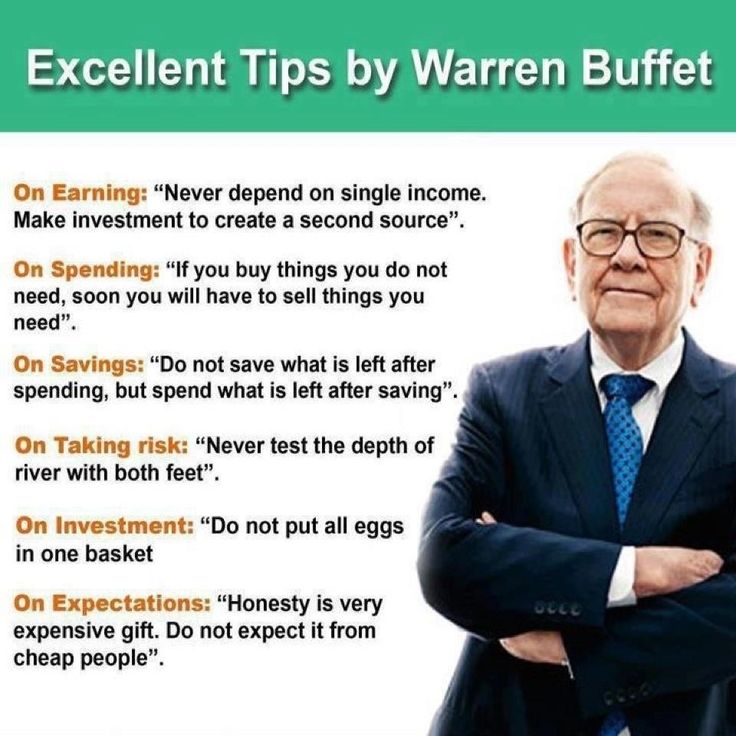
2. Reputation
” It takes about 20 years to build a reputation and only 5 minutes to destroy it. Always remember this.” This is very relevant advice, especially in the digital age. Remember the case of Congressman Anthony Weiner and his candid photos? You should not repeat such mistakes. nine0003
3. About the environment
“Always communicate with those who are better than you in some way. If you are surrounded by successful people, it is easier for you to move in the same direction.” In other words, your environment should inspire you to become better.
As I often tell my children, “If you want to soar like an eagle in life, don't hang out with turkeys.”
4. Forethought
“In the business world, the rearview mirror is always cleaner than the windshield,” Buffett quipped. This is very true for other aspects of life as well. Once you've learned the important lessons, stop focusing on your rearview mirror.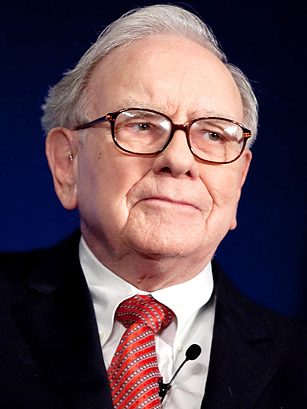 Move forward even if the visibility is not so clear. nine0003
Move forward even if the visibility is not so clear. nine0003
5. Stupid Mistakes
“In the mid 90s I bought a company called Dexter Shoe for $400 million. I went to zero. I made a lot of stupid decisions. But that's part of the game.
Every successful person has made mistakes - this is normal. Mistakes are an opportunity to learn something. Solving problems allows you to “fill your hand” and avoid a similar situation in the future.
6. About when to leave
“If you are in a leaky boat, then all your energy will be spent on patching these holes.” In other words, not every project will be successful, you need to know when to leave. nine0003
7. About Thrift
Buffett is famous for his frugality. He still lives in the house he bought back in 1958 for $31,500. He loves McDonald's burgers and disdains luxury cars. Despite the huge profits, Buffett receives a salary of $100,000 a year. It's been 25 years in a row now.
We send the best materials
times a week
Interesting about sales without ads
Thank you! nine0003
Something went wrong
Everything you need to know about introverted leaders
A growing body of research shows that introverts can also be great managers.
Photo: Fotoimedia
After all, billionaires Warren Buffett, Larry Page and Bill Gates are introverts. And some executives, including Ian Cook, head of Colgate Palmolive, even see their introversion as an advantage.
The key to success for extroverts and introverts is to be honest about your strengths and weaknesses and choose the right course of action, writes Quarz.
What's the difference?
An introvert is not necessarily a shy person. An extrovert is not always sociable.
It would be more accurate to say that introverts tend to perceive social interaction as something exhausting, especially interaction in large groups of people.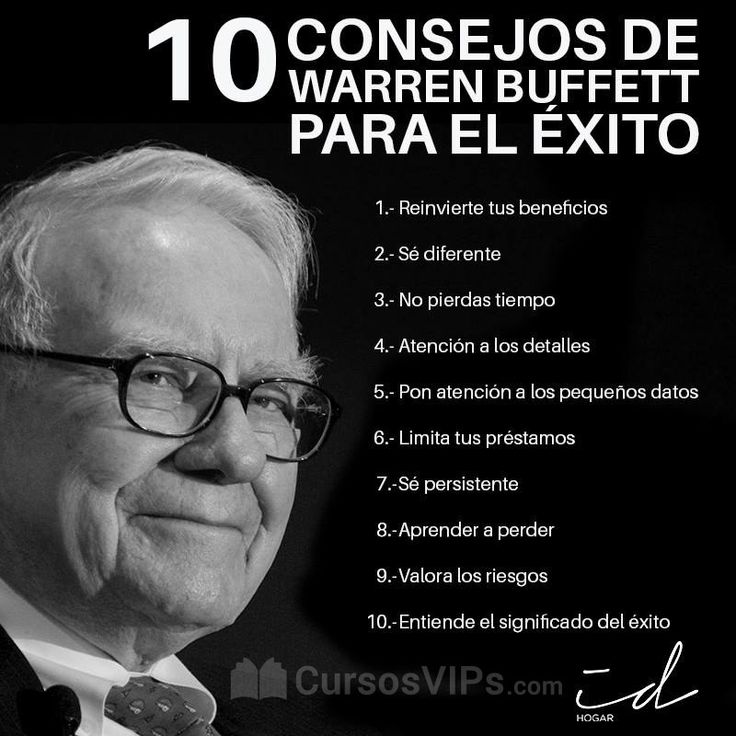 They restore energy on their own. An even more accurate characteristic is sensitivity: introverts need more external stimulus from other people. And they need solitude to recover. nine0003
They restore energy on their own. An even more accurate characteristic is sensitivity: introverts need more external stimulus from other people. And they need solitude to recover. nine0003
Why is introversion good?
Sensitivity is power. A study by Wharton professor Adam Grant shows that introverted leaders are much more open to new ideas that employees bring to them, while extroverted leaders feel threatened in such employees and often do not allow them to speak out.
Thus, introverted leaders ultimately increase the productivity of employees by managing active people. Introverts also attach less importance to their status and are more likely to admit mistakes. nine0003
Introverts are also more abstract thinkers, more forward-thinking, and usually lack some of the negative traits that are commonly associated with extraversion, such as aggressiveness or high self-esteem.
What a day in the life of an introverted manager looks like
Great introverted leaders have created their own rules that work for them.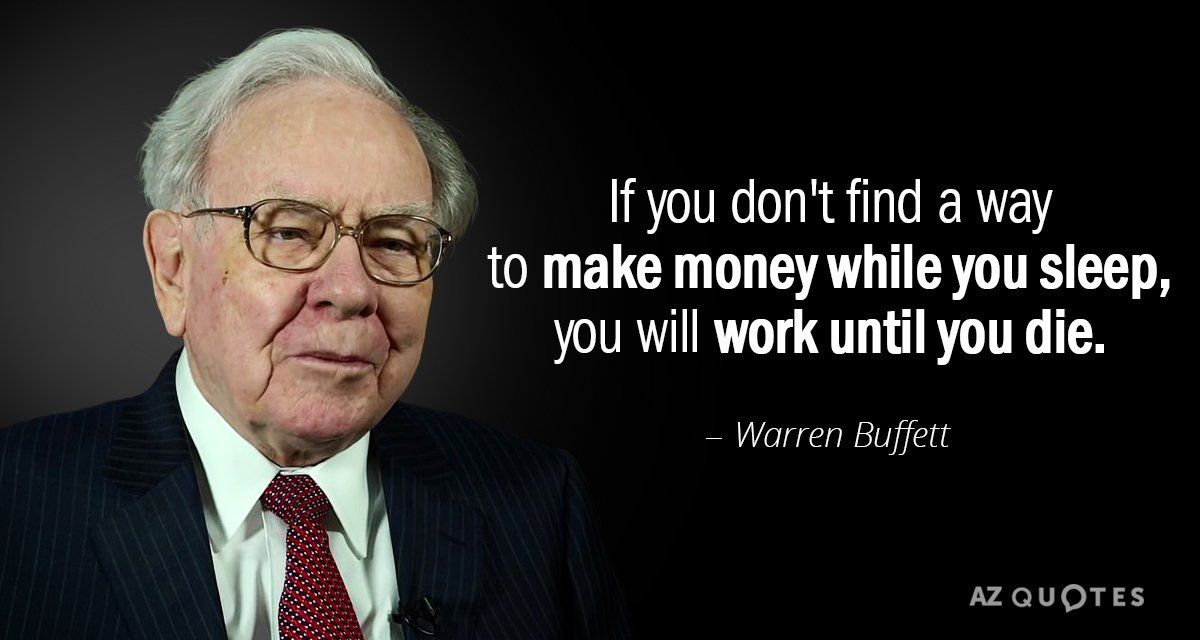 For example, instead of using a command-and-control approach, Warren Buffett favors a particularly extreme form of decentralization (described in detail in The Outsiders). He has complete confidence in the executives who run his Berkshire subsidiaries. There are a few employees at Berkshire Hathaway headquarters, but meetings are incredibly infrequent. However, there is always an option for managers to call Warren for advice. nine0003
For example, instead of using a command-and-control approach, Warren Buffett favors a particularly extreme form of decentralization (described in detail in The Outsiders). He has complete confidence in the executives who run his Berkshire subsidiaries. There are a few employees at Berkshire Hathaway headquarters, but meetings are incredibly infrequent. However, there is always an option for managers to call Warren for advice. nine0003
That's not to say he's hard to get in touch with - many of his best deals come from meeting private and family business owners. However, his very successful management philosophy is to find good people and set them free, instead of actively rallying the team every day and managing it.
Balance your weaknesses
At Microsoft, Bill Gates compensated for his introverted traits with the help of key people. Last year, speaking on Australian television, he said the following:
"If you want to hire people who will be inspired by their work, you know better what extroverts do, so you better hire extroverts, like Steve Ballmer, who I consider an extrovert, and use both sets of skills to build a company, capable of both thoughtful work and building a team that successfully sells these ideas.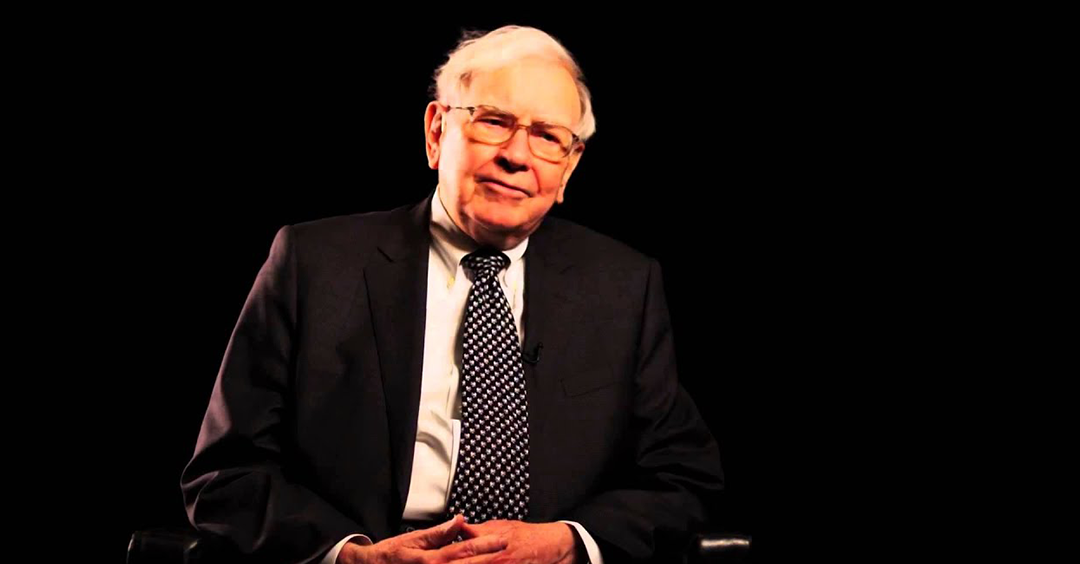 "
"
Be honest about your quirks
Douglas Conant, often associated with the success of Campbell's soup, told the Harvard Business Review that being an introverted leader can often be difficult. People often saw him as an uninterested loner. Then he decided to tell the employees about his features and ask for help:
"One of the best ways I've come up with to help people get over their discomfort with my behavior is to just talk about myself. I tell them, 'If you see me looking away, please understand that I'm shy and I want you to call me." After talking about himself, he found that people quickly and with understanding adapted to his style of communication. "
Potential Pitfalls
People still perceive extroverted leaders as more effective. Extroverts are likely to be more likely to become leaders, regardless of their objective performance, so this is a gap that introverted leaders will have to bridge.